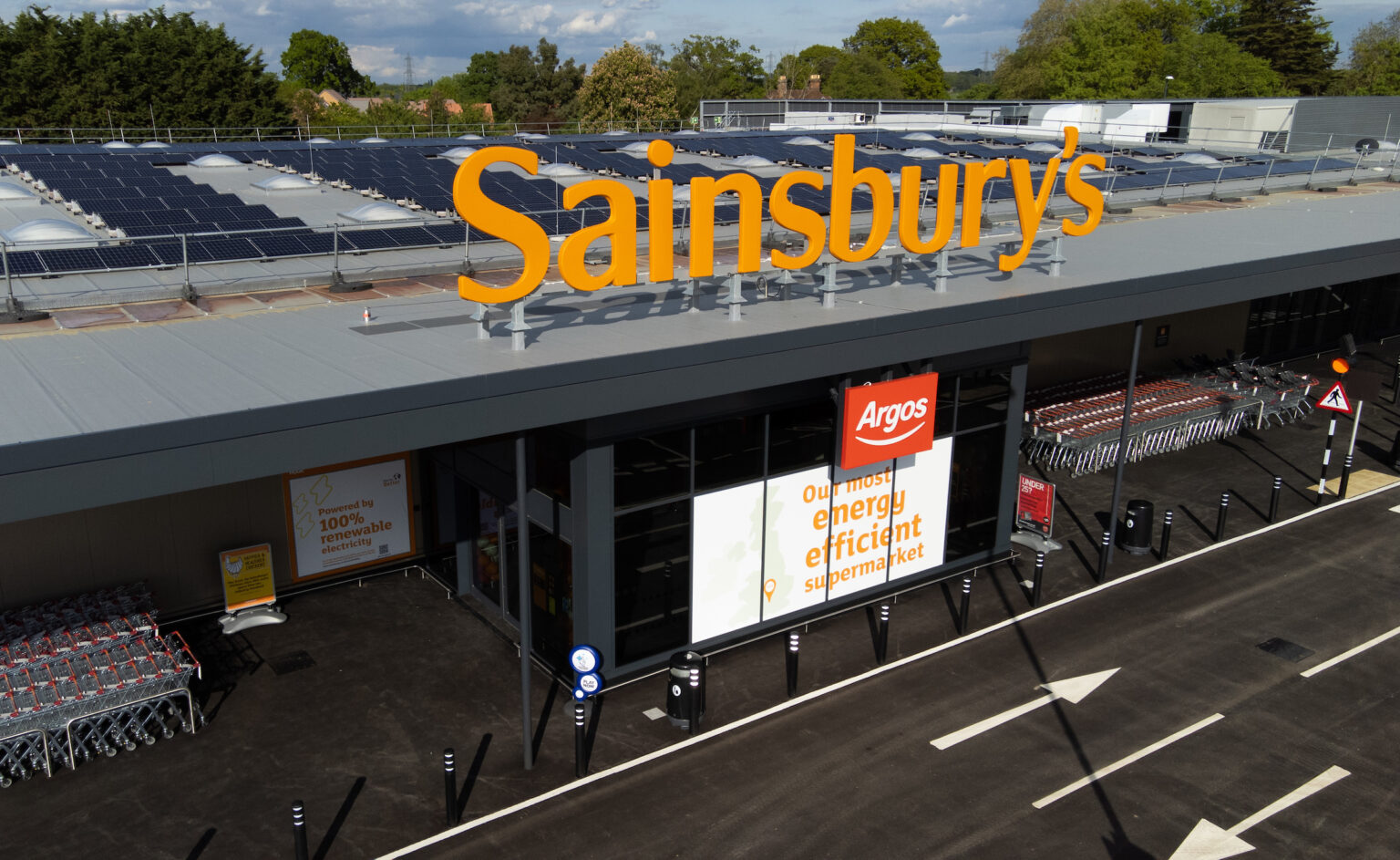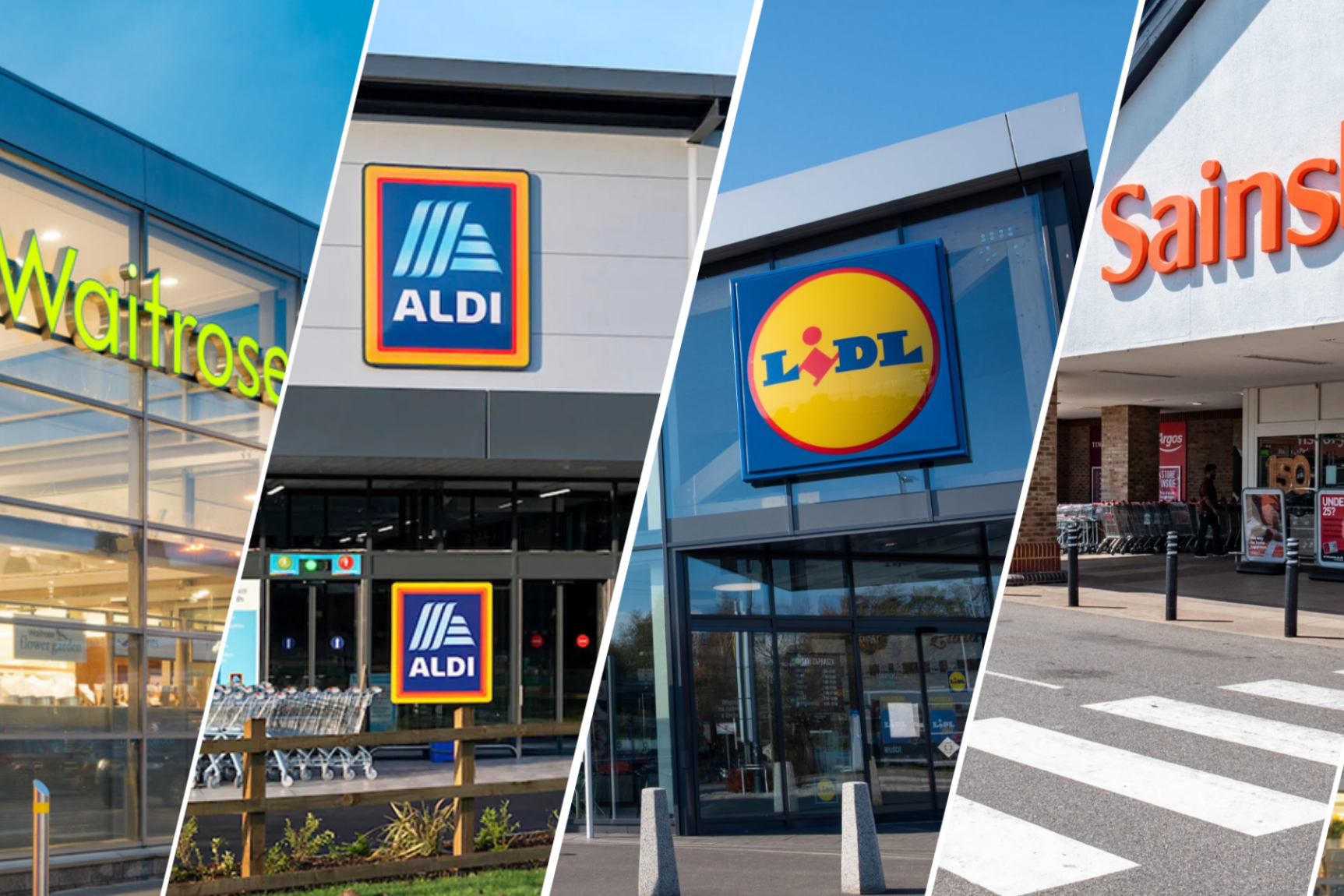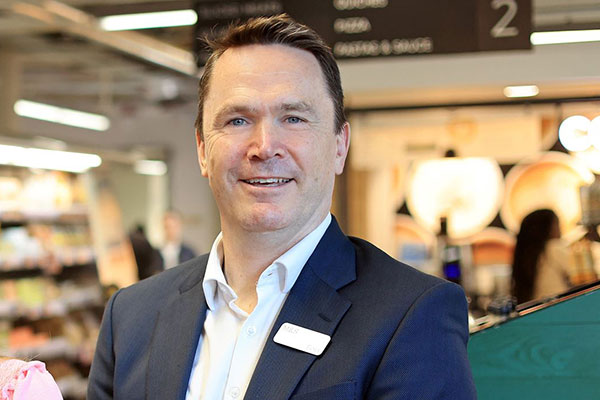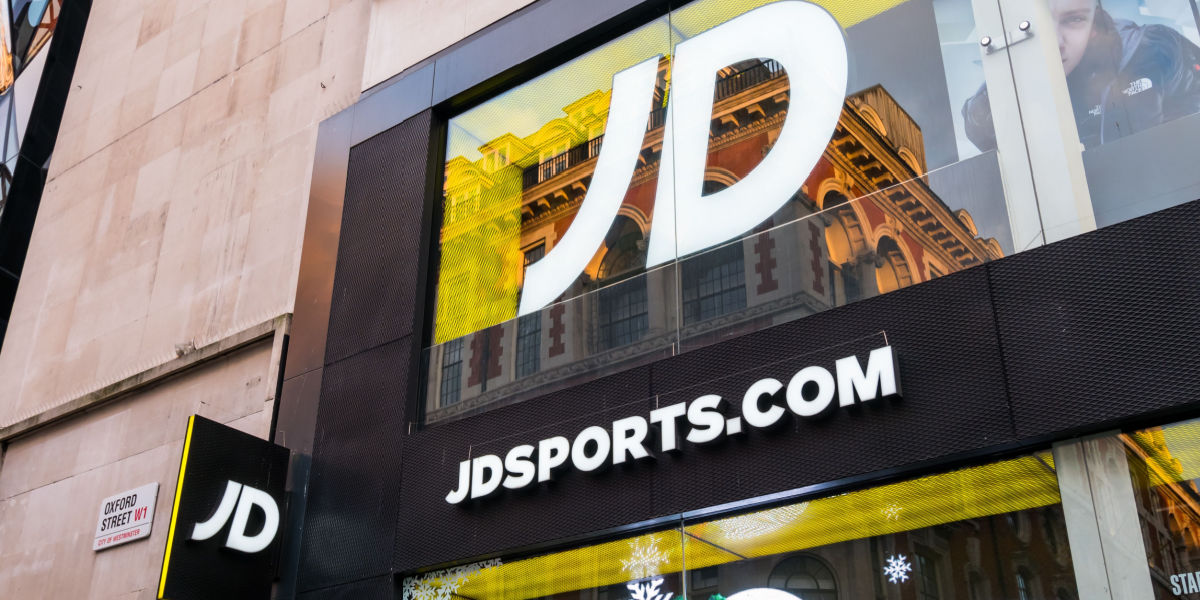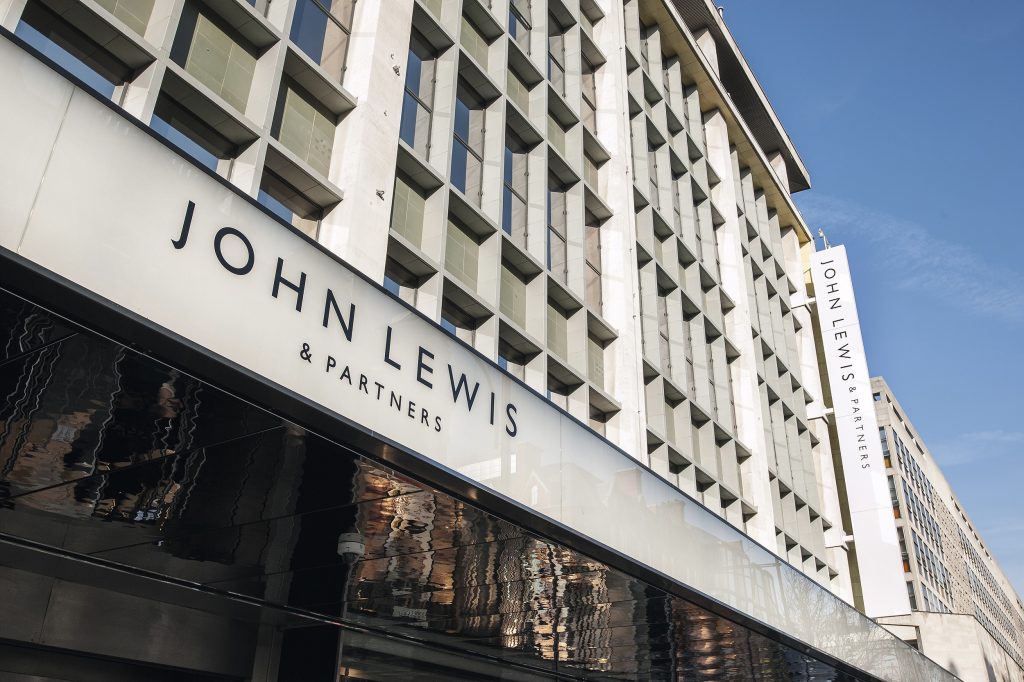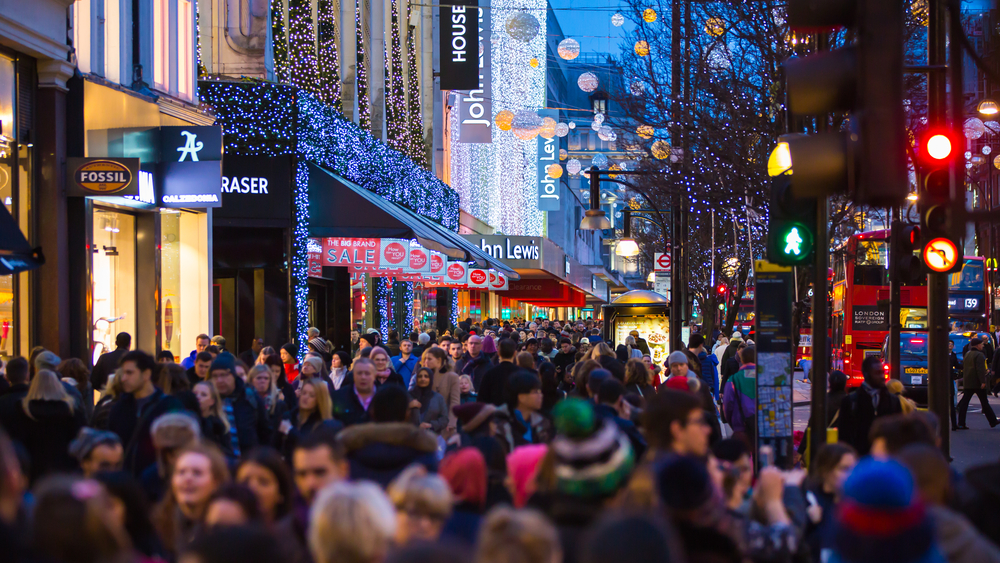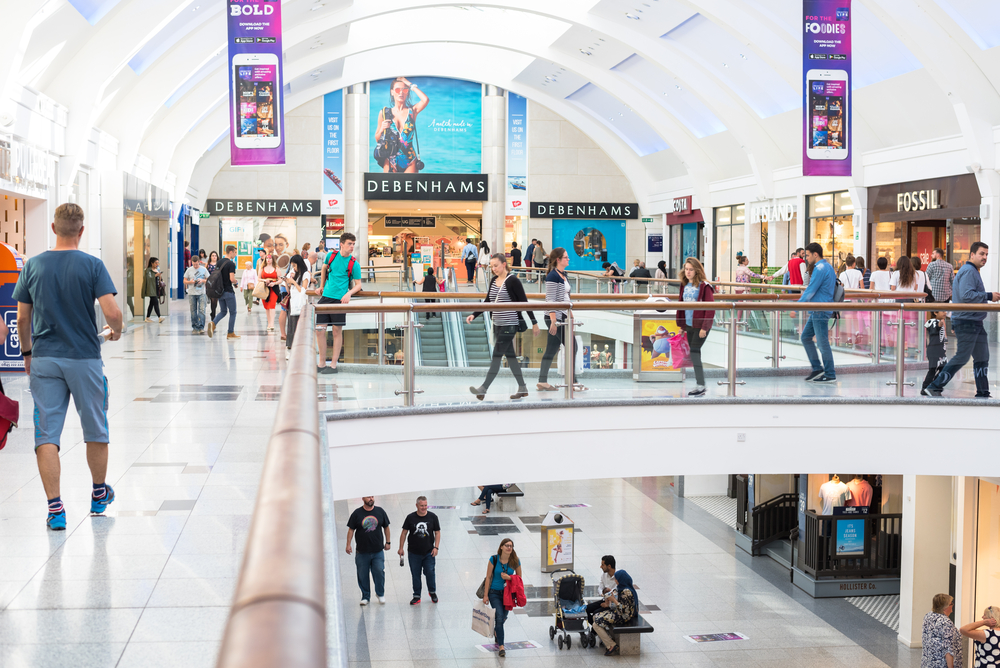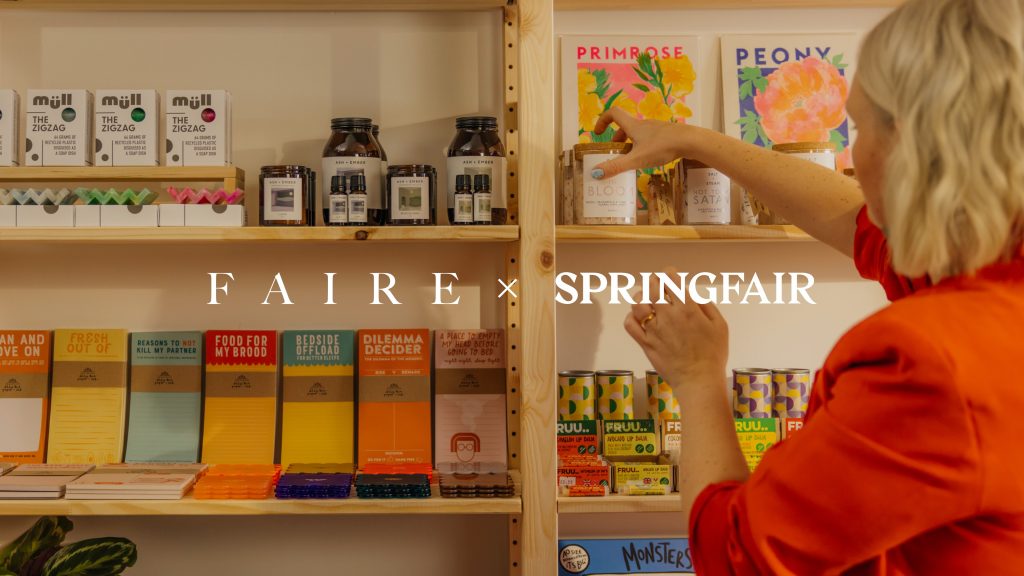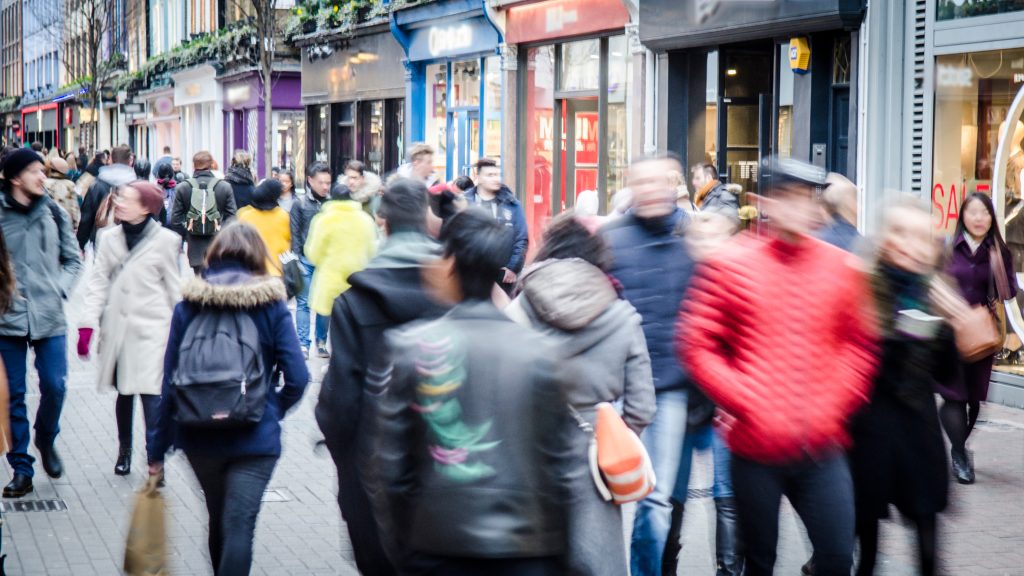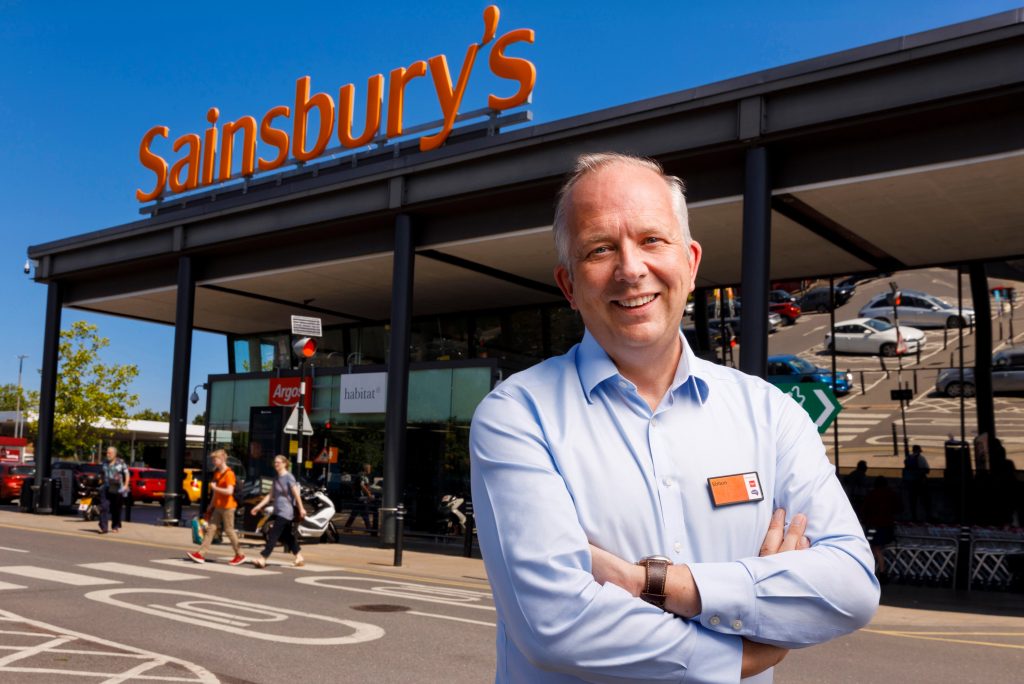Shares have hit new lows this December as attention has shifted from the stock market to Christmas markets.
London‘s FTSE 100 main share index fell 2.14% to 6,529.47, as the British public decided to spend more money on their Christmas shopping, rather than invest in shares on the stock market.
The move comes as British retailers have seen record-breaking sales results over Black Friday, Cyber Monday and Manic Monday.. The public‘s general faith in the economy is growing, as they are happy to spend but only on physical goods they can enjoy now, rather than taking any financial risks that may or may not benefit them at a later date.
A buy now, pay later mentality is now the norm, with many consumers looking to splurge on more luxury products to keep up with the Jones‘. This is due to the accessibility of loans and affordable interest rates now standing at a 20 year low. More expensive items, including cars, are now being bought with additional help, as Trevor Finn, chief executive at Pendragon told the Telegraph, “When it comes to models like BMW, Mercedes and Audi, 80pc to 90pc are sold on finance”.
However, though it is consumer spending that has saved the economy over the last six years, there is fear that the public is now overspending. Mortgages have become easier to obtain with the ‘Help to Buy Scheme‘, and with property prices rocketing, people are also spending on property, their most expensive life purchase.
With spending at an all time high, Governor of the Bank of England, Mark Carney has warned that we have not fully recovered from the Bank of England‘s crisis. He stated in a letter to G20 leaders meeting in Australia, “The G20 has worked intensively over the past six years to correct the fault lines that led to the global financial crisis,” adding that further work remains to build a fully resilient system.
While Britains are still intent on continuing their spending spree in store, the same companies are now suffering on the stock market, particularly supermarkets. Tesco‘s shares have dipped 17%, their lowest in 14 years. This has led to Sainsbury‘s and Morrisons also suffering losses, with Sainsbury‘s dropping by 1.8% and Morrisons by 4.4%, after Tesco issued a warning that their full years profit would be lower than usual.
Marks and Spencer has also seen losses in relation to Christmas spending. After the company announced that standard delivery could now take up to 10 days, shares have fallen more than 3% to £481.83. Consumers are happy to spend on physical goods but there is still nervousness when it comes to the stock market. A spokesperson from Marks and Spencer tried to restore confidence stating, “The vast majority of orders are delivered on time. If we do miss a delivery date, we will do all we can to rectify it for the customer.” However, this wasn‘t enough for those looking to purchase shares, With so much competition consumers now expect an immaculate service from retailers or they will look elsewhere.
However, it isn‘t just the UK that has suffered on the stock market, Athens in particular has seen losses. The stock market fell almost 13% after the Greek prime minister decided to call early presidential elections. It is its biggest drop since 1987 and suggests nervousness over political instability.
The GfK, a company that offers relevant market and consumer information, has conducted a confidence survey, highlighting that the British consumer is more confident spending than ever before. However, the Stock Market isn‘t the place consumers want to spend. With political panic and fear over the risks of dealing with the temperamental stock market, money is being spent on physical products that consumers can actually use. This spells great news for retailers but leaves those selling shares this Christmas feeling left out in the cold.


